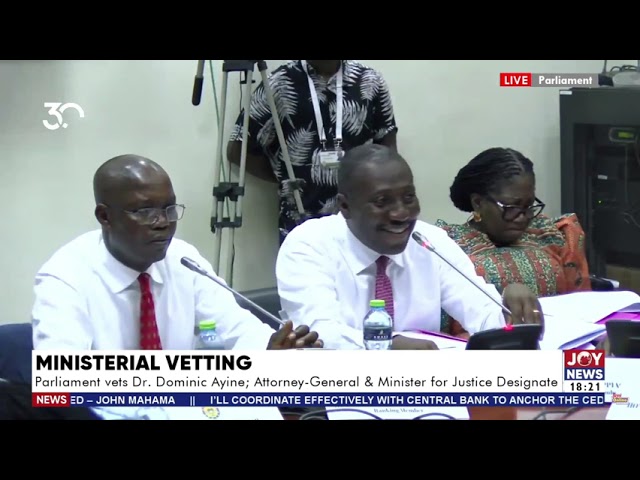Joint Select Committee Tackles Discrimination In Public And Private Sectors
Discrimination exists in various forms in both the private and public sectors. In order to address these concerns, a Joint Select Committee has been established with the participation of the Equal Opportunity Commission, the Joint Trade Union Movement (JTUM), the Trinidad and Tobago Coalition of Services Industries (TTCSI), the Ministries of Labour and Public Administration, and the Office of the Prime Minister - Gender and Child Affairs Division (OPM GCA), all of whom have conducted various forms of research on discrimination. According to the Senior Monitoring and Evaluation Specialist at the OPM GCA, Makandal Caesar, due to operational segregation within occupational grouping, there may be several positions occupied by persons of different sexes. "You come in as a clerk and don't have all the prerequisites to be a clerk, you may start at the lowest point in that range and work your way up to the highest point in that range. But it doesn't mean that someone as a clerk in the public service, if you are female, would receive a lower pay than if you are male." However, Second Vice President of the Trinidad and Tobago National Nursing Association and representative of the Joint Trade Union Movement, Sharon Lakhan-King, said their research suggests the existence of disparities between male-dominated services versus female-dominated services, including salaries and academic qualifications. "In the female-dominated nursing service, we have 3-4 years' training to become a nurse; for teachers as well, the same 4 years of training, whereas for our male-dominated services, it's more or less 6 months' training to enter the service." Director of Legal Services at the EOC, Haran Ramkaransingh, is encouraging persons to not see gender discrimination as purely a man discriminating against a woman, but whether there is gender equality for both. "Normally when we think of sex discrimination, we think about, for example, is a woman being paid less than a man for doing the same job, but I just also want to draw to your attention that it can work both ways. There were cases from the United Kingdom where, with respect to retirement ages, for example, if a woman was allowed to retire at 60 but a man had to work until 65, that was held to be sex discrimination against a man." Permanent Secretary at the Ministry of Labour, Claudelle McKellar, reiterated that her Ministry remains committed to fulfilling its mandate of providing decent work to all citizens of Trinidad and Tobago and gender parity, leading to their continued engagement in dialogue with their social partners.




















